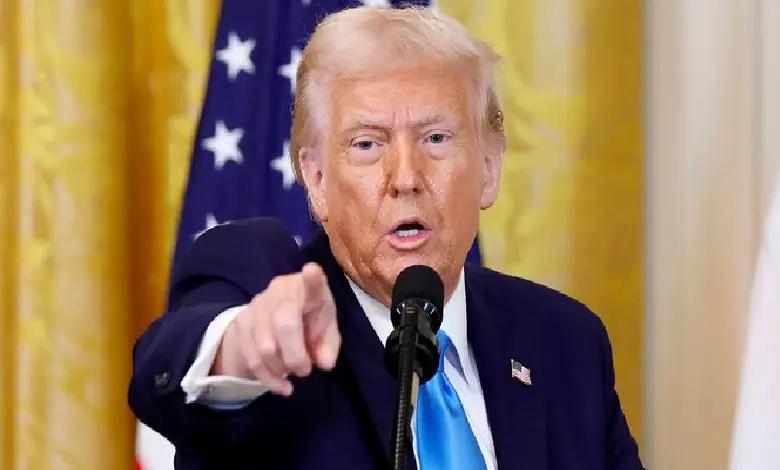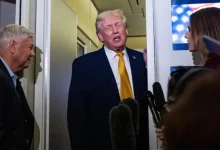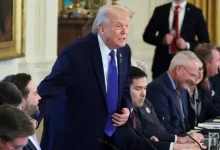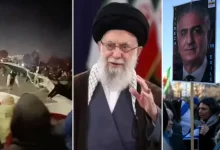Trump Claims Role in India-Pakistan Ceasefire, Cites Trade Influence

US President Donald Trump reiterated his claim on Friday, May 30, 2025, that he played a pivotal role in halting hostilities between India and Pakistan, emphasizing that trade considerations were central to his intervention. Speaking at a press conference, Trump stated that his administration told both nations, “We can’t trade with people who are shooting at each other,” suggesting that the promise of trade access with the US encouraged the ceasefire. He praised the leaders of India and Pakistan as “great leaders” who understood his message, leading to the cessation of conflict. Trump also highlighted the strength of the US military and its leadership, asserting that America’s global influence helped prevent further escalation.
The conflict began following a terror attack on April 22 in Pahalgam, Jammu and Kashmir, where 26 civilians were killed. In response, India launched Operation Sindoor, targeting terrorist infrastructure in Pakistan and Pakistan-occupied Kashmir. After four days of cross-border drone and missile strikes, India and Pakistan agreed to a ceasefire on May 10, with the Director Generals of Military Operations (DGMOs) from both countries coordinating to halt all firing and military actions across land, air, and sea.
Indian government sources, however, have consistently maintained that the ceasefire was a bilateral decision, negotiated directly between the DGMOs of India and Pakistan without third-party involvement. The Indian Ministry of External Affairs and External Affairs Minister S Jaishankar have repeatedly rejected claims of US mediation, stating that no trade discussions were part of the talks leading to the ceasefire.
Trump’s remarks come amid a broader context of US trade policy debates. His administration has argued in a New York court that tariffs imposed under the International Emergency Economic Powers Act (IEEPA) were instrumental in securing the India-Pakistan ceasefire. US Commerce Secretary Howard Lutnick claimed in a court submission that the ceasefire was achieved only after Trump offered both nations trading access to avert a full-scale war. However, a three-judge panel of the Court of International Trade rejected this argument, ruling Trump’s tariffs as unlawful, a decision that has sparked criticism from Indian officials and former diplomats who dismissed the linkage between trade and the ceasefire as baseless.




